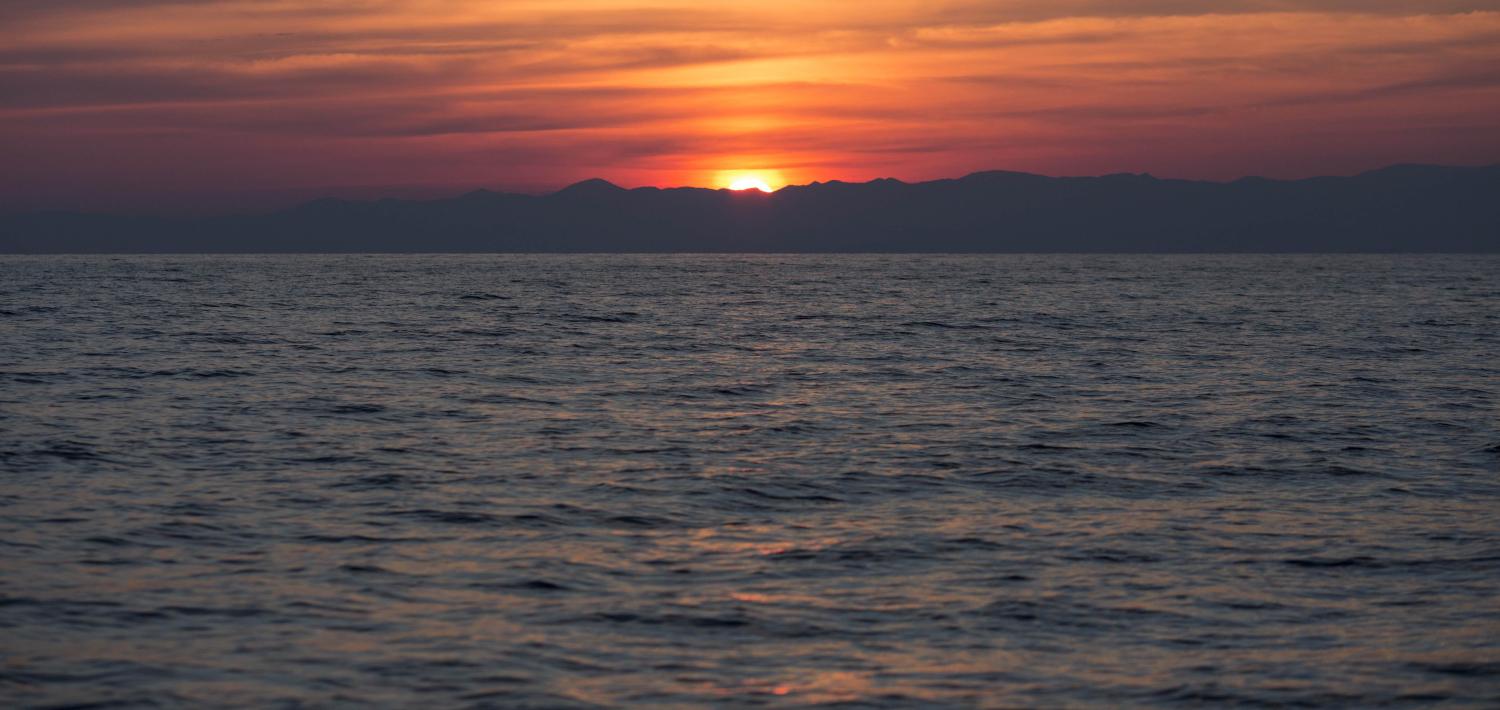The recent judgement by the Arbitral Tribunal constituted under Annex VII of the 1982 Convention on the Law of the Sea (UNCLOS) on the nature of the features in the South China Sea caused some stir in both foreign ministries and among international lawyers, and not just because it favoured the Philippines. In rejecting China’s ‘dashed line’, the five judges took a robust approach that included a much more restricted definition of an ‘island’ (with an accompanying ability to generate extended maritime zones) than many expected. So restricted is this definition that it may have implications for the status of many features so far largely accepted as being ‘islands’, including some Australian claims.
However, an earlier opinion given by the International Tribunal for the Law of the Sea in April 2015 may be even more significant. In 2013 the Sub-Regional Fisheries Commission, representing six West African nations, sought an opinion on the responsibilities and obligations of states in relation to their flag vessels fishing in the Exclusive Economic Zones (EEZs) of other countries. The tribunal interpreted a clause within its own regulations to say that it was indeed able to render an advisory opinion on the matter and did so. This was the first time the full tribunal had issued such an opinion since it came into being in 1996.
The advisory opinion itself brought some clarity to the responsibilities of nation states and stated that there was a requirement for ‘due diligence’ on the part of the flag state concerned to ensure that its vessels were not fishing illegally in the maritime zones of other countries. Given that this was largely based on well-established precedents (notably the case of the Confederate raider Alabama during the American civil war, an affair in which the ship’s sojourn in Australia played a significant part), the opinion itself is largely constructive in effect.
However, the tribunal went much further and declared that its rules allowed for any two nations to jointly seek an advisory opinion from the tribunal as to the meaning of any element of the Law of the Sea Convention (LOSC). That the judges view themselves as a key part of the evolution of the law of the sea was reflected in the opinion of one that ‘the Convention is regarded as the constitution of the oceans and, in my opinion, is akin to (comparable with) a national constitution. Therefore, it must "grow" in accordance with the times.’
This has profound implications, particularly as the same opinion noted that the tribunal had a role in removing ambiguity. Yet many aspects of the 1982 Convention are deliberately ambiguous. This created sufficient room for manoeuvre for countries that had widely differing views over several aspects of the new maritime domains regime. Such deliberate ambiguity was as much part of the package that allowed so many countries to accede to the new convention as any of the new elements set out in the text, such as the Archipelagic regime and the EEZ.
In the future, it will be possible for an advisory opinion to define some of the most vexed questions of the LOSC. This could include, for example, the nature of ‘normal mode’ for the transit of submarines through archipelagic sea lanes and whether surveillance and intelligence operations are possible within the EEZs of other nations with ‘due regard’ to the interests of the coastal state involved. While advisory opinions may not be formally binding, they will nonetheless have significant weight. And they will, in both the cases above, have significant strategic implications.
The result can only be deep unhappiness on the part of the nation state whose interpretation of the LOSC a particular advisory opinion does not support. The Convention was achieved by consensus among nation states; judicial activism as a leading element in the evolution of the law of the sea will be something new and potentially destabilising - environmental organisations which grasp the implications of the tribunal’s decision may well urge various states to approach the tribunal. An associated result of the activist position taken by the judges is that it makes US ratification of the 1982 Convention even more unlikely. This sort of external control of the meaning of the LOSC, for that is how it will be viewed, is exactly the sort of thing the US has rejected in the past.
Australia was one of the states which disputed the tribunal’s authority to provide an advisory opinion as it did in April 2015. It looks as though our law officers were quite right. A Pandora’s Box is opening.
Photo: Getty Images/Dan Kitwood

